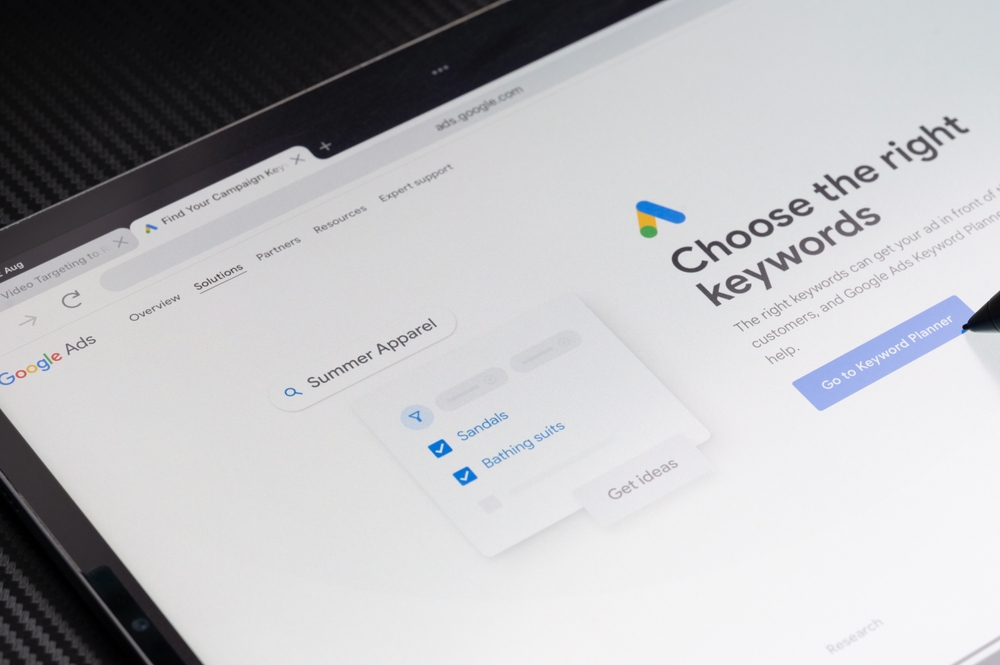Search Engine Optimization (SEO) relies heavily on the intelligent use of keywords. Keywords serve as the bridge between a searcher’s query and the content on your website. Understanding the different types of keywords and how to use them effectively can make or break your SEO strategy. This comprehensive guide will delve into the different types of keywords in SEO, why they matter, and how you can leverage them to enhance your online presence.
What Is A Keyword In SEO?
A keyword in SEO is a word or phrase that users type into search engines when they are looking for information. These keywords signal to search engines what the content is about and help index it accordingly. By targeting the right keywords, your website can appear in relevant search engine results pages (SERPs), thereby increasing visibility. For instance, if you run a blog about baking, including keywords like “easy chocolate cake recipes” or “how to make sourdough bread” can help your content reach users interested in baking.
What Is A Keyword Strategy?
A keyword strategy involves identifying, analyzing, and implementing keywords that will drive traffic to your site and satisfy search intent. This strategy is essential in creating content that aligns with what users are searching for, thereby driving organic traffic and improving your site’s ranking on search engines. An effective keyword strategy is not static; it evolves with trends, search engine algorithm updates, and user behavior, thus requiring regular evaluation and adjustment.
Why You Should Care About Keywords
Keywords are not just mere words but the language through which searchers communicate with search engines. Ignoring their significance can mean the difference between digital success and obscurity. Keywords are the core of SEO and play a pivotal role in both attracting and converting traffic on your website.
Drive Organic Traffic
By using relevant and high-traffic keywords, you can attract users who are actively searching for the products, services, or information you offer. Organic traffic is not only cost-effective but also tends to be more aligned with what your site offers, resulting in higher conversion rates. For example, if you own an online store selling eco-friendly products, incorporating keywords like “best eco-friendly products” or “sustainable living tips” can attract like-minded consumers.
Understanding Audience Preference
Keywords offer insights into what your audience is looking for. By analyzing keyword data, you can understand trends, preferences, and pain points, allowing you to tailor your content and offerings accordingly. This can mean adapting your content to seasonal changes, popular trends, or emerging needs within your industry. Such adjustments can significantly increase user engagement and customer satisfaction.
Competitive Edge
Focusing on the right keywords can help you outshine competitors. By identifying gaps where your competitors lack, you can target these opportunities to gain an upper edge. For instance, if your competitors are not targeting long-tail keywords effectively, you have the chance to capture niche traffic that is potentially more ready to convert. Tools like SE Ranking, SEMrush, or Ahrefs can help you perform competitive keyword analysis, allowing you to optimize your strategy.
Keywords are the cornerstone of effective SEO, driving not only organic traffic but also informing you of your audience’s needs and preferences. A well-planned keyword strategy combined with the strategic implementation of various types of keywords can elevate your website’s visibility, engagement, and competitive standing. Understanding and leveraging keywords effectively is the key to unlocking the full potential of your online presence.

What Are the 4 Different Types of Keywords By Search Intent?
Keywords can be categorized based on the search intent they represent. Understanding these categories helps in creating content that meets user expectations and serves their search intent effectively.
Informational
Informational keywords are used by users seeking to learn something new. Examples include “how to start a blog,” “what is blockchain,” or “SEO tips for beginners.” Content targeting these keywords should be educational and value-driven.
Navigational
Navigational keywords help users find a specific website or page. Examples include “Facebook login,” “YouTube channel,” or “LinkedIn profile.” Users typing these keywords already have a particular site in mind.
Commercial
Commercial keywords indicate that users are in the research phase of their buying journey. Examples include “best laptops 2023,” “top SEO tools,” or “iPhone vs. Android.” These keywords suggest a consideration to purchase soon but aren’t outright transactional.
Transactional
Transactional keywords are used by users ready to make a purchase. Examples include “buy Nike shoes online,” “subscribe to Netflix,” or “order pizza near me.” These keywords indicate high commercial intent and should be optimized for conversions.
What Are Seed Keywords?
Seed keywords are the foundation of any keyword research process. They are broad terms related to your industry or niche that help generate more specific, long-tail keywords. For instance, “shoes,” “healthy eating,” or “SEO” are seed keywords that can be expanded into more targeted searches.
What Are Primary Keywords?
Primary keywords are the main keywords that your content or page is targeting. These are often highly relevant to your topic and possess considerable search volume. For example, if you own a shoe store, a primary keyword could be “buy running shoes.”
What Are Secondary Keywords?
Secondary keywords are supplementary to your primary keyword but provide additional context or detail. They support your primary keyword and help capture more search traffic. For example, “comfortable running shoes” or “affordable running shoes” can act as secondary keywords.

What Are Short Tail Keywords?
Short tail keywords consist of one or two words and are generally broader in scope. Examples include “shoes,” “SEO,” or “fitness.” While they can attract a large volume of traffic, they are often more competitive and less targeted.
What Are Long Tail Keywords?
Long tail keywords are extended phrases that are more specific and usually less competitive. Examples include “best running shoes for flat feet,” “SEO for small businesses,” or “morning yoga routines for beginners.” These keywords may attract less traffic but tend to be more aligned with user intent.
What Are Geo-Targeted Keywords?
Geo-targeted keywords incorporate location-based terms to attract users searching for services or products in a specific area. Examples include “SEO services Houston,” “best coffee shops in Boston,” or “plumbers near me.” These keywords are vital for local SEO and can drive relevant, location-specific traffic to your site.
Role of Keywords in SEO
Keywords are central to SEO, influencing various aspects of your online presence and search engine ranking. They serve multiple roles aimed at enhancing your digital footprint.
Increase Relevance
Keywords help search engines understand what your content is about, increasing its relevance to specific queries. Well-optimized keywords ensure that your content appears for the right searches, improving both visibility and engagement.
Higher Rankings
Quality keywords, when strategically implemented, can significantly boost your site’s search engine rankings. High rankings translate to better visibility and more traffic, directly impacting your site’s success.
Better User Experience
Proper use of keywords enhances user experience by ensuring your content is closely aligned with what users are looking for. This not only increases user satisfaction but also improves metrics such as dwell time and bounce rate, further boosting your SEO.
Learn How To Use The Right Types of Keywords for SEO
Mastering keyword usage is crucial for a successful SEO strategy. Understanding the nuances of different types of keywords—from seed to long-tail, from informational to transactional—will help you create content that resonates with your audience and ranks highly on SERPs. By leveraging these insights, you can attract quality traffic, understand your audience better, and maintain a competitive edge.
LeadOrigin stands out as an industry leader in search engine optimization services, catering to local, national, and enterprise businesses. With expertise in Boston, MA, and the greater Houston, TX areas, LeadOrigin can help you navigate the complexities of SEO to achieve your digital marketing goals.






